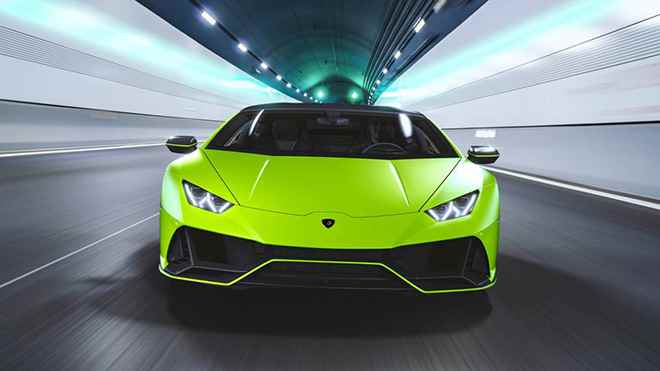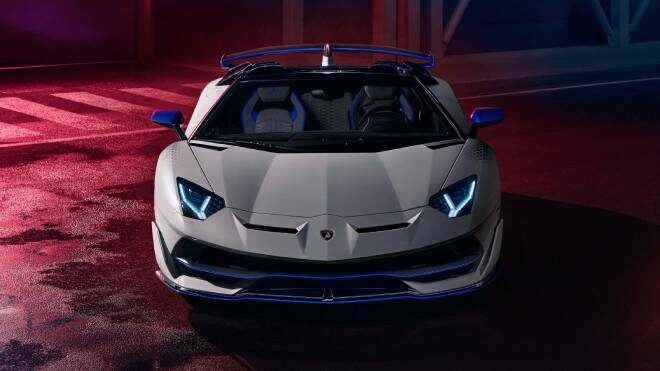Lamborghini, which will gradually carry out its electrification planning through hybrid models, points to 2028.
The electrification transformation, in which the automotive world is involved in almost every area, awaits us with the transition stages from the bottom to the top on a brand basis. The reflections of these steps in the super sports segment, which will become the formations where many manufacturers will only sell electric models in 2030, are also being resolved. Just like in SUV model production, the details of the plans that will bring the first steps in their history came from the Lamborghini front this time. For “Angry Bull”, which closed 2021 with record sales, hybrid versions will follow each other in the product range before the transition to fully electric models. At this point, the Aventador, the flagship of the family, awaits us first.

Highlights from Lamborghini electrification plan
“Lambo”, which we see will enter a new era with the hybrid Aventador that it will add to its product range in 2023, will also present the hybrid version of the SUV model Urus, which leads the sales in 2024. In 2025, we see that a similar formula will be applied to the Huracan, which is positioned at the entry level. There is now a clear date on the table for the first fully electric model of the Italy-based legend. Within the scope of the plans confirmed by Brand CEO Stephan Winkelmann, in 2028, we will start seeing the first electric supercar signed by Lamborghini on the roads.
YOU MAY BE INTERESTED
Within the scope of this planning, we are waiting for a period that the brand, which will celebrate its 60th anniversary as of 2023, will note in its own history. As of 2025, only hybrid models will be in the product range. For Lamborghini, 2022 will be recorded as the end of the 59-year period in which only gasoline engines are used. With its hybrid product range in 2025, Lamborghini’s plans to reduce its carbon emissions by 50 percent by the summer, will continue to integrate into the new limits in this way. It is noteworthy that CEO Stephan Winkelmann clearly stated that they never thought of turning to more compact engines such as the V6 in this process in order to achieve emission standards.
